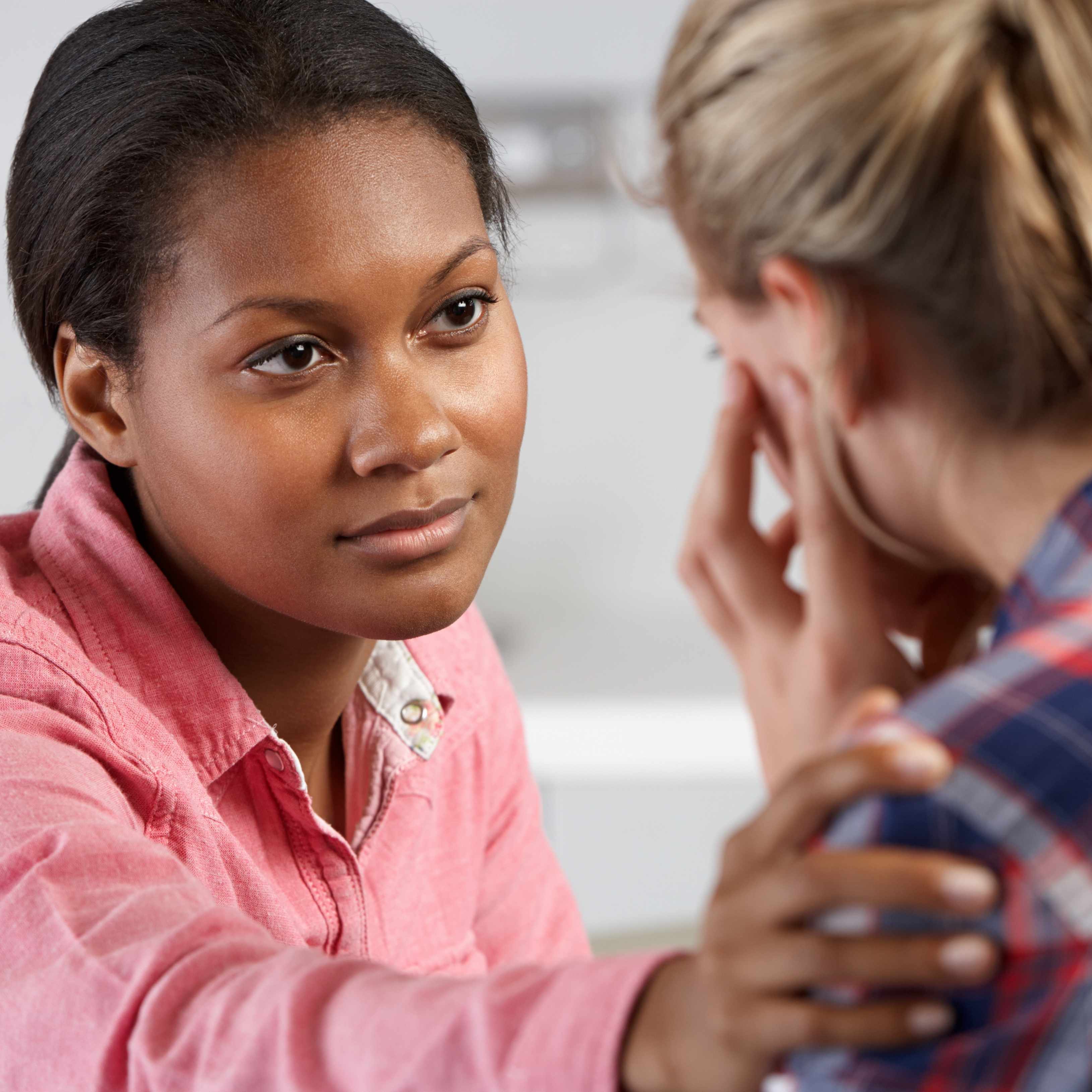-
Women’s health paper offers insight on antidepressant-induced female sexual dysfunction
 ROCHESTER, Minn. — One in 6 women in the U.S. takes antidepressants to improve her well-being, but what is she to do when the medication that is meant to help disrupts another area of her life?
ROCHESTER, Minn. — One in 6 women in the U.S. takes antidepressants to improve her well-being, but what is she to do when the medication that is meant to help disrupts another area of her life?
Sexual dysfunction is a common side effect for women on antidepressants, but a new article by the Women’s Health Clinic and Department of Psychiatry and Psychology at Mayo Clinic, in collaboration with Tierney Lorenz, Ph.D., University of North Carolina at Charlotte, shows promise for targeting and treating antidepressant-induced female sexual dysfunction.
The paper, published in this month’s issue of Mayo Clinic Proceedings, discusses treatment options and the research backing them for women who face sexual dysfunction while on antidepressants. Stephanie Faubion, M.D., director of the Office of Women’s Health, of Mayo Clinic, and Jordan Rullo, Ph.D., L.P., report that the onset of sexual side effects develops within one to three weeks of beginning an antidepressant regimen. However, the benefits of the antidepressants themselves do not appear until approximately two to four weeks into treatment, which may cause women to lose interest in a medication that may seem to do more harm than good.
The change in neurotransmitters, particularly serotonin, introduced by antidepressants may be the most likely reason behind female sexual dysfunction, according to the paper, but symptoms of sexual dysfunction prior to beginning antidepressants may signal another culprit.
“Depression is a significant risk factor for sexual dysfunction and vice versa,” says Dr. Rullo. “It is critical as a provider to assess a patient’s sexual function before and after she starts an antidepressant. This will help you determine if her sexual function concerns are due to depression or due to the side effect of the antidepressant, or perhaps both. The simplest assessment question is, ‘Do you have any sexual health concerns?’ and that should be asked during each subsequent visit.”
MEDIA CONTACT: Kelly Reller, Mayo Clinic Public Affairs, 507-284-5005, newsbureau@mayo.edu
One study included in the article found that 15 percent of women stopped taking their prescribed antidepressant after experiencing sexual dysfunction, and half of those women did not discuss the concern with their doctor.
“There are several approaches that make sexual dysfunction fairly treatable,” says Dr. Rullo. “By communicating with your provider about your symptoms and discussing treatment options, you lessen that chance of disrupting your antidepressant regimen due to unpleasant side effects.”
The paper includes treatment options from behavioral and pharmacologic approaches, including exercise, scheduling sexual activity and adjustment of medication dosage. The first step in selecting the appropriate treatment protocol, according to the article, is to identify the domain in which the sexual dysfunction falls, which can include low desire, low arousal and orgasm dysfunction.
###
About Mayo Clinic
Mayo Clinic is a nonprofit organization committed to medical research and education, and providing expert, whole-person care to everyone who needs healing. For more information, visit http://www.mayoclinic.org/about-mayo-clinic or https://newsnetwork.mayoclinic.org/.
Related Articles







